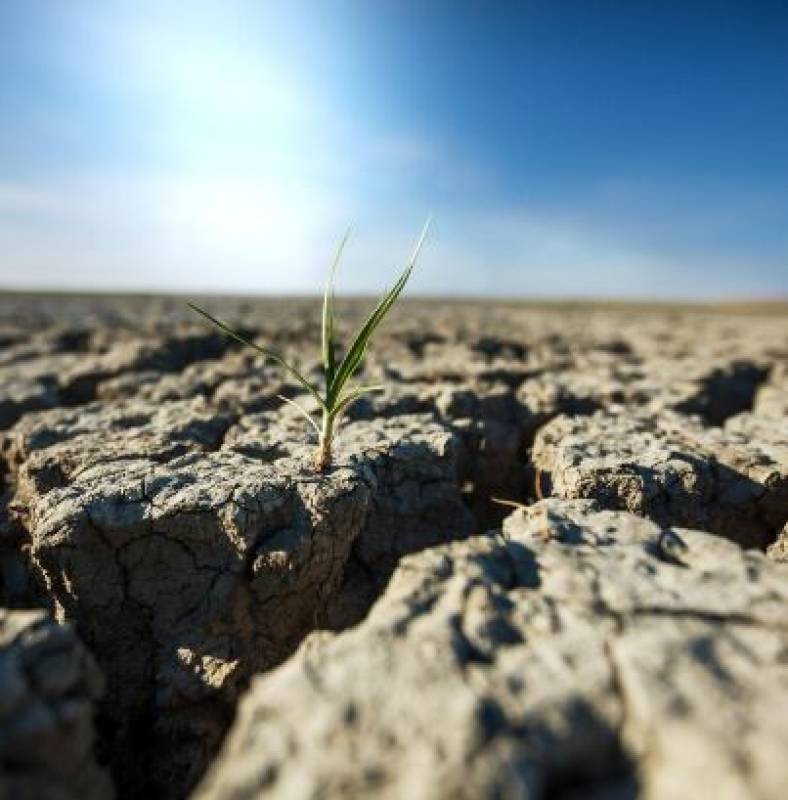article_detail
Date Published: 02/02/2024
Barcelona residents banned from washing cars as drought reaches critical point
The region of Catalonia has declared a state of emergency amid the worst drought in history

Water supplies in Spain’s Catalonia have now reached crisis point and the regional government has declared a state of emergency as it faces the worst drought in more than 100 years.
From Thursday February 1, there is a blanket ban on washing cars or filling swimming pools. Gyms and similar facilities will have fewer showers available to members and the streets will only be cleaned if there is an urgent need, and then only with recycled water.
More than six million residents of Catalonia will be impacted across 200 municipalities, including the capital city of Barcelona. The measures were introduced following a sharp decline in reservoir levels, which have dropped dangerously low, hovering at just 16% of their total capacity.
"It's still not raining," local Anna Casòliva Freixe explained. "It's worrying if you don't have enough water."
Positioned on the border with France, Catalonia is less used to drought situations than warmer regions like Valencia and Andalucía, but the community has received a staggeringly low amount of rainfall in the last three years. The situation has become so critical that the government is considering shipping in water from abroad, a measure that was last resorted to in the scorching year of 2008.
But officials in Barcelona are already looking ahead to the summer months, when the city expects to welcome more than 12 million visitors. In light of the water shortages, hotels have been taking measures which range from informing guests about the need for careful water use, to installing water metres in bathrooms and encouraging guests to reuse sheets and towels.
"Barcelona and its surrounding area are home to five or six million people and that population density makes it a very vulnerable area," Anna Barnadas, secretary for climate action in the Catalan government, said.
"We realise that the state of emergency affects all sectors, it affects the whole population and so it means, in this case, introducing some major restrictions," she said.
"It has been a priority for us to delay the state of emergency but it is impossible to avoid it."
While climate change is not the sole cause of droughts, it undeniably intensifies periods of dryness. The Mediterranean region, in particular, is experiencing a disproportionate increase in temperatures, rising at a rate 20% higher than the global average, according to the United Nations. This trend is expected to continue until drastic reductions in greenhouse gas emissions are implemented.
Find all the latest climate change news here or join our Spain Weather Watch Facebook group for regular updates
Image: Freepik
Loading
See more environmental news about Spain:
OR
Sign up for the Spanish News Today Editors Roundup Weekly Bulletin to get a comprehensive email with all the week’s news for Spain, Murcia, Alicante and Andalucía.
Get a sneak peek – here are a few of our recent Subscription Bulletins:
Discount Special Offer subscription:
36.95€ for 48 Editor’s Weekly News Roundup bulletins!
Please CLICK THE BUTTON to subscribe.
Contact Spanish News Today: Editorial 966 260 896 /
Office 968 018 268





























